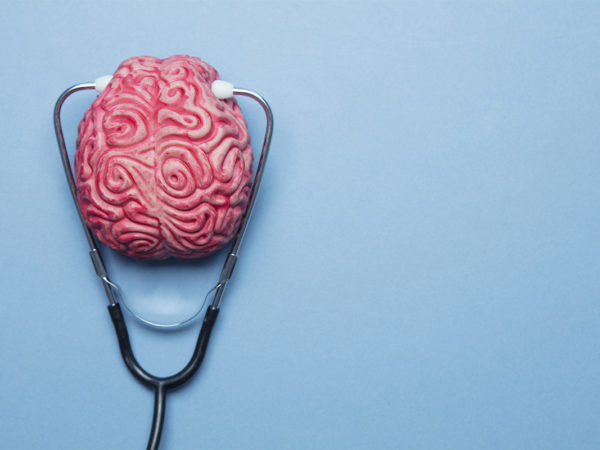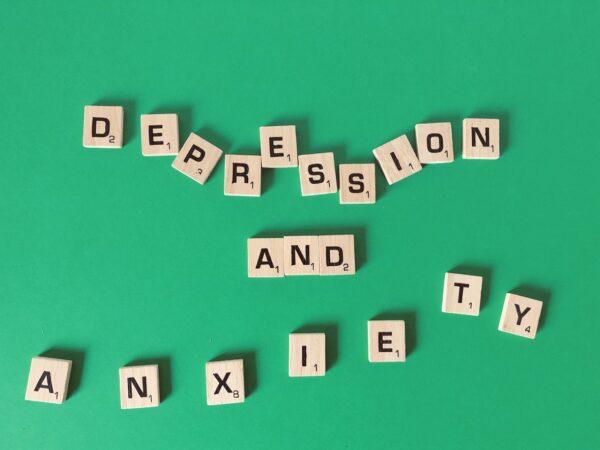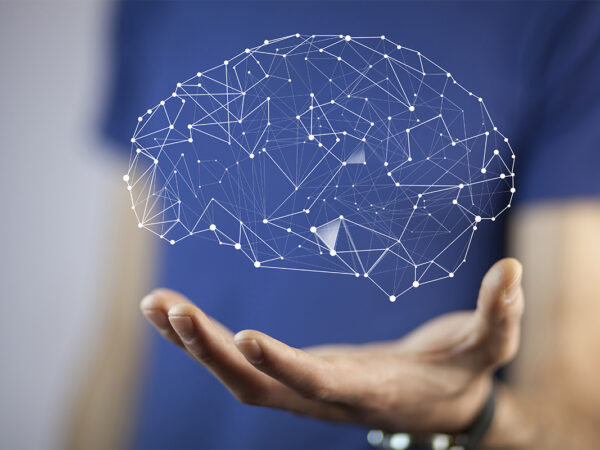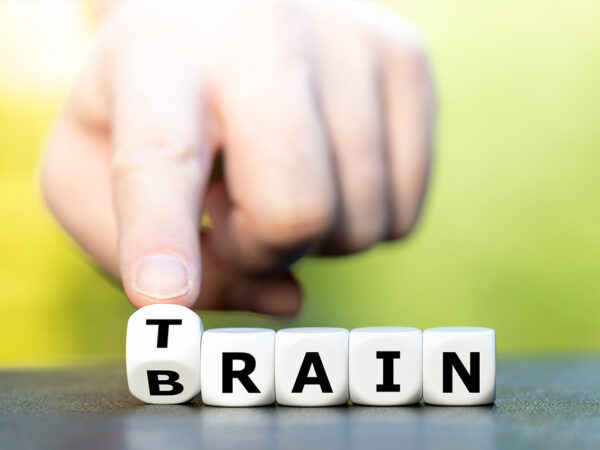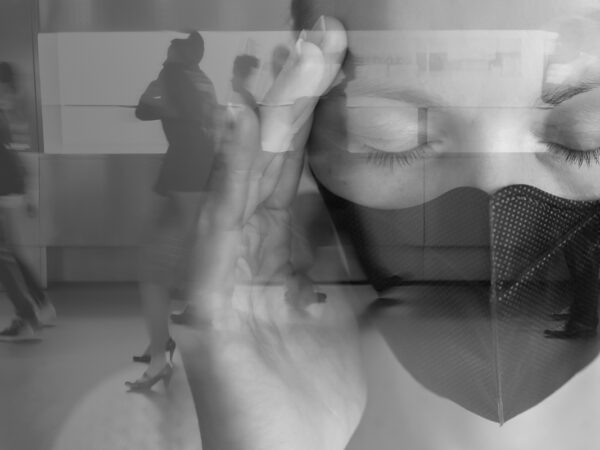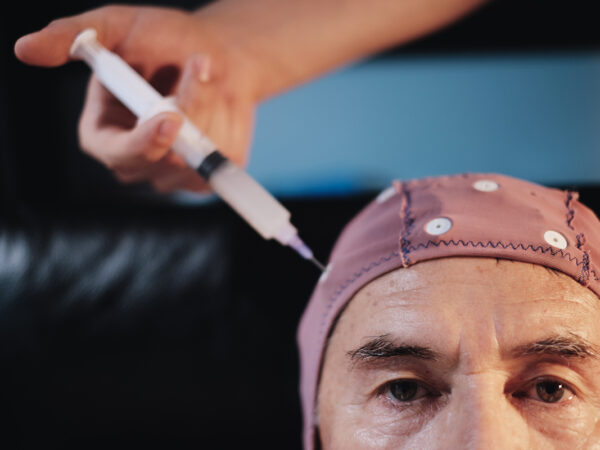Depression Disorders
Types of Depression:
- Major Depression: Defined by symptoms of depression existing daily for at least 2 weeks, typically interfering with one’s ability to work, sleep, study, and eat.
- Persistent Depressive Disorder (Dysthymia): Often includes less severe symptoms of depression that last much longer, for 2 years or more.
- Perinatal Depression: Occurs during pregnancy or after delivery (postpartum depression).
- Seasonal Affective Disorder (SAD): Comes and goes with the seasons, typically starting in late fall and early winter and going away during spring and summer.
Common Symptoms of Depression:
- Persistent sad, anxious, or “empty” mood
- Feelings of hopelessness or pessimism
- Feelings of irritability, frustration, or restlessness
- Feelings of guilt, worthlessness, or helplessness
- Loss of interest or pleasure in hobbies or activities
- Decreased energy, fatigue, or being “slowed down”
- Difficulty concentrating, remembering, or making decisions
- Difficulty sleeping, early morning awakening, or oversleeping
- Changes in appetite or unplanned weight changes
- Aches or pains, headaches, cramps, or digestive problems without a clear physical cause
- Suicide attempts or thoughts of death or suicide
Diagnosis of Depression:
Treatment and Support for Depression:
- Psychotherapy: Various modalities, including Cognitive Behavioral Therapy (CBT), Interpersonal Therapy (IPT), and psychodynamic therapy, to help individuals manage and reduce depressive symptoms.
- Lifestyle Changes: Incorporating healthy habits such as regular exercise, a balanced diet, adequate sleep, and mindfulness practices to improve overall well-being.
- Support Groups: Participation in support groups where individuals with depression can share experiences and coping strategies.
- Neurofeedback: A form of biofeedback that involves real-time monitoring of brain activity, allowing individuals to learn self-regulation techniques that can potentially reduce depressive symptoms and improve overall mental health.
INSIGHTS AND NEWS
Posts About Depression
Seasonal Affective Disorder: More than the “Winter Blues”
Seasonal Affective Disorder (SAD) Seasonal Affective Disorder also known as its...
How The Pandemic Has Shifted The Mental Health Conversation
We’re finally experiencing something we haven’t for the better part of a year:...
What Is The Link Between Depression And Anxiety?
Depression and anxiety are thick as thieves. Anxiety disorders are the most...
Four Reasons Why You Should Consider Neurofeedback
“When you are dealing with depression and anxiety, you feel like you’re lost,”...
How Neurofeedback Treats Traumatic Brain Injury, Anxiety, Depression, And More
Imagine if you and your therapist could actually see what your mental illness...
The Impact Of COVID-19 On Our Mental Health
The title of this blog post suggests doom and gloom. Yes, we will discuss the...
Depression Part III : Modern Therapy
By Ari Goldstein, Ph.D. For the past few months, we’ve been discussing the...
Depression Part II: Therapeutic Treatment Options
Some say the depression is an affliction that is exasperated, if not caused by...
Depression: Causes, Symptoms, and Treatment Part I
Depression: Causes, Symptoms, and Treatment - Part I of III Depression: What’s...
Exercise for Depression
“Mens sana in corpore sano” Exercise to Treat Depression and Improve Overall...



